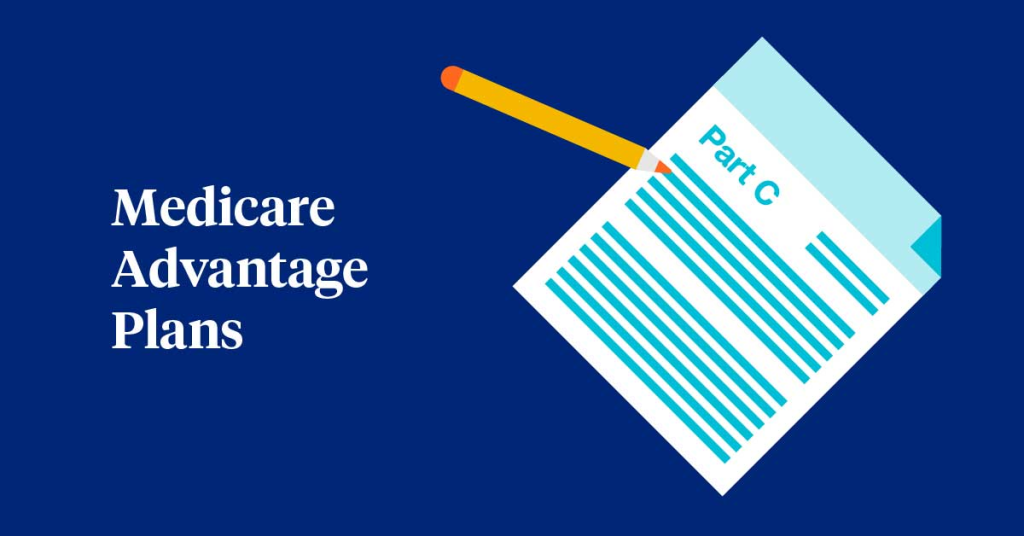
As we approach the year 2024, understanding Medicare Advantage plans has become more important than ever. While traditional Medicare is still available to all seniors aged 65 and older, the rise of Medicare Advantage plans has given beneficiaries more options when it comes to receiving healthcare services. In this blog, we’ll take a closer look at https://www.comparemedicareadvantageplans.org/medicare-advantage-plans-2024/ and how they work, so you can decide if they’re the right choice for you.
What are Medicare Advantage plans?
Medicare Advantage plans are a type of health insurance that are provided by private insurance companies. These plans are an alternative to the traditional Medicare program which is a federal program that provides health insurance for people over the age of 65 and those with certain disabilities. Medicare Advantage plans are required to cover all of the services that Medicare Part A and Part B provide, and many also include additional benefits such as prescription drug coverage, dental and vision services, and hearing aids.
How do Medicare Advantage plans work?
Medicare Advantage plans work by pooling the resources of all of their members, which allows them to offer a wider range of benefits than traditional Medicare. Each plan has its own network of healthcare providers, and beneficiaries are required to use providers within that network in order to receive the most benefits. Many Medicare Advantage plans charge a monthly premium in addition to the premium for Medicare Part B, although some plans may have a $0 premium.
What are the benefits of Medicare Advantage plans?
There are many benefits to choosing a Medicare Advantage plan over traditional Medicare. One of the biggest benefits is the additional services that many plans offer, such as prescription drug coverage, dental and vision services, and hearing aids. Many Medicare Advantage plans also have lower out-of-pocket costs than traditional Medicare, which can help beneficiaries save money on healthcare expenses.
Another benefit of Medicare Advantage plans is that they offer more personalized care. Because each plan has its own network of providers, beneficiaries can choose a plan that works best for their specific healthcare needs and preferences. Additionally, many Medicare Advantage plans include additional services such as nurse hotlines and wellness programs that can help beneficiaries stay healthy and engaged in their own care.
What are the potential drawbacks of Medicare Advantage plans?
Despite their many benefits, there are also some potential drawbacks to choosing a Medicare Advantage plan over traditional Medicare. One of the biggest drawbacks is that beneficiaries are typically required to use providers within the plan’s network in order to receive the most benefits. If a beneficiary wants to see a healthcare provider outside of the network, they may have to pay higher out-of-pocket costs, or the provider may not be covered at all.
Additionally, some Medicare Advantage plans can be restrictive when it comes to accessing healthcare services. Some plans may require beneficiaries to get referrals from their primary care physician in order to see specialists, or they may limit the number of visits to certain types of providers.
Conclusion:
In conclusion, Medicare Advantage plans can be a great option for those looking for additional healthcare benefits and more personalized care. However, it’s important to carefully consider the potential drawbacks of these plans before making a decision. Be sure to review the plan’s network of providers, benefits, and out-of-pocket costs before enrolling. By doing your research and choosing the plan that’s right for you, you can enjoy the benefits of Medicare Advantage and ensure that you’re getting the care you need.